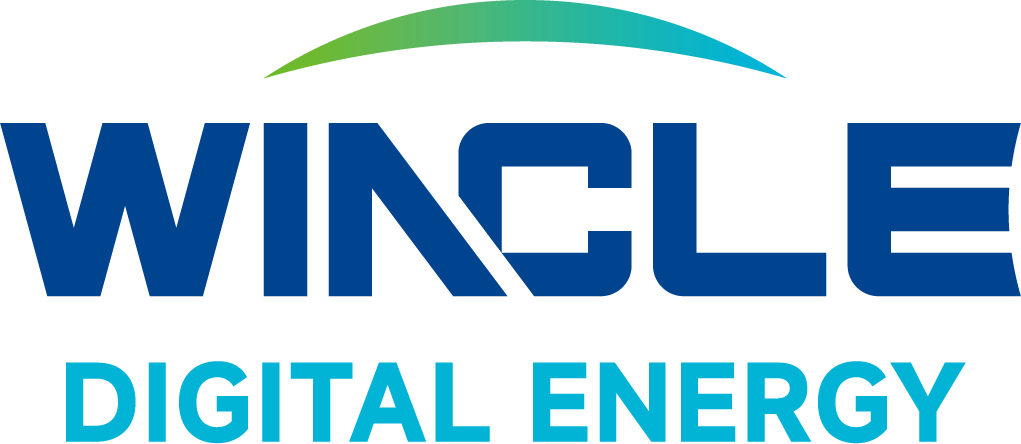The Environmental Impact of PV ESS Diesel Integrated Systems: A Comprehensive Analysis
Release time:
2025-03-01
Source:
The Environmental Impact of PV ESS Diesel Integrated Systems
Understanding PV ESS Diesel Integrated Systems
Photovoltaic Energy Storage Systems (PV ESS) have become increasingly popular as a means to harness renewable energy. These systems typically combine solar energy generation with energy storage solutions to create a reliable power supply. When integrated with diesel generators, they can provide a consistent energy source, particularly in remote areas or during peak demand times. However, while the combination offers undeniable advantages, it also raises important environmental concerns that need thorough examination.
Key Components of PV ESS Diesel Integrated Systems
Photovoltaic Panels
At the heart of a PV ESS is the photovoltaic panel, which converts sunlight directly into electricity. Made from semiconductor materials, these panels can vary in efficiency, size, and installation methods. Their effectiveness is crucial for the overall performance of the energy system.
Energy Storage Solutions
Energy storage technologies, such as lithium-ion batteries, play a vital role in PV ESS. They store excess solar energy generated during the day for use at night or during cloudy weather. This capability enhances reliability but also presents challenges concerning the environmental impacts of battery production and disposal.
Diesel Generators
Diesel generators are often used as backup systems in PV ESS setups. While they ensure a steady power supply, their reliance on fossil fuels introduces significant environmental concerns, including greenhouse gas emissions and air pollution.
The Environmental Benefits of PV ESS Diesel Integrated Systems
Reduction of Greenhouse Gas Emissions
One of the primary advantages of integrating PV ESS with diesel generators is the potential reduction in greenhouse gas emissions. By relying more on solar energy, these systems can significantly decrease the amount of diesel fuel consumed, leading to lower carbon dioxide emissions. Over time, this shift contributes to climate change mitigation.
Fuel Efficiency and Cost Savings
The hybrid nature of PV ESS can enhance fuel efficiency. In regions where diesel is the primary energy source, integrating solar energy allows for reduced fuel consumption. This not only leads to cost savings for operators but also minimizes the environmental footprint associated with fuel extraction, transport, and combustion.
Challenges Associated with PV ESS Diesel Integrated Systems
Battery Production and Disposal
While energy storage systems enhance the viability of PV ESS, the environmental impacts of battery production cannot be overlooked. The extraction of minerals used in batteries, such as lithium and cobalt, often leads to land degradation and water pollution. Additionally, improper disposal of batteries can result in hazardous waste issues.
Diesel Dependencies
Despite the integration of solar technologies, reliance on diesel generators poses ongoing challenges. Diesel combustion contributes to air pollution, which has serious health implications for surrounding communities. Ensuring cleaner alternatives to diesel is critical for achieving the full environmental benefits of PV ESS systems.
Optimizing PV ESS Diesel Integrated Systems for Sustainability
Innovative Technological Solutions
To maximize the environmental benefits of PV ESS diesel integrated systems, innovation is key. Developing more efficient solar panels, longer-lasting batteries with improved environmental profiles, and cleaner diesel technologies can help mitigate some of the negative impacts associated with these systems.
Policy and Regulatory Support
Governments play a crucial role in promoting sustainable practices in the energy sector. Implementing incentives for renewable energy adoption and stricter emissions regulations can accelerate the transition toward cleaner energy systems. Collaboration between public and private sectors is vital for achieving sustainability goals.
Future Trends in PV ESS Diesel Integrated Systems
Advancements in Renewable Energy Technologies
The future of PV ESS diesel integrated systems looks promising, especially with the rapid advancements in renewable energy technologies. Ongoing research is likely to yield breakthroughs in solar panel efficiency, battery technology, and hybrid system designs, further reducing environmental impacts.
Shift Towards Clean Energy Policies
As global awareness of climate change rises, more countries are shifting towards cleaner energy policies. Investments in renewable energy infrastructure and research could lead to the phased-out reliance on diesel generators, paving the way for fully renewable energy systems.
FAQs About PV ESS Diesel Integrated Systems
1. What are the environmental benefits of using PV ESS diesel integrated systems?
PV ESS diesel integrated systems can significantly reduce greenhouse gas emissions by decreasing diesel fuel consumption, thus contributing positively to climate change mitigation.
2. What challenges do these systems face in terms of sustainability?
Key challenges include the environmental impacts of battery production and disposal, as well as ongoing reliance on diesel generators, which contribute to air pollution.
3. How can the environmental impact of diesel generators be minimized?
Using cleaner diesel technologies, optimizing fuel efficiency, and gradually transitioning to fully renewable energy sources can help minimize the environmental impact of diesel generators.
4. Are there alternatives to diesel in PV ESS systems?
Yes, alternatives such as natural gas generators or fully renewable energy systems using storage solutions like batteries or pumped hydro can replace diesel generators in hybrid setups.
5. What role do policies play in promoting sustainable energy solutions?
Effective policies can incentivize the adoption of renewable energy, enforce stricter emissions regulations, and support research and development in clean energy technologies.
Conclusion
Integrating photovoltaic energy storage systems with diesel generators presents a unique opportunity to enhance energy reliability while addressing environmental concerns. While these systems offer several benefits, including reduced greenhouse gas emissions and cost savings, they also face significant challenges related to battery production and diesel dependency. By prioritizing innovation, adopting sustainable practices, and leveraging supportive policies, we can work towards optimizing these hybrid systems for a more sustainable energy future. The transition to cleaner energy sources is not just a necessity; it's an opportunity to reshape our environmental legacy.
PV ESS Diesel Integrated System
latest news












